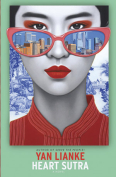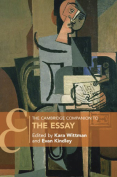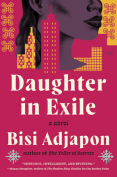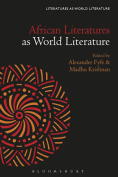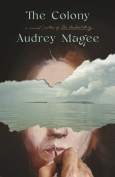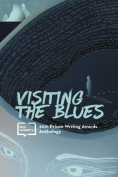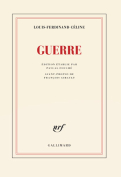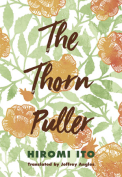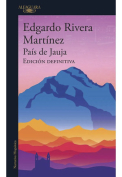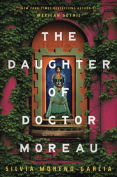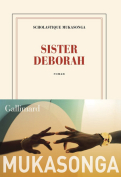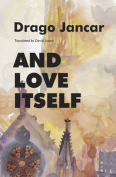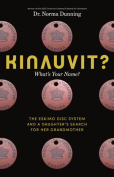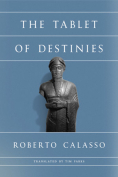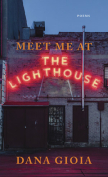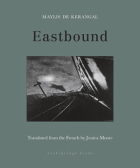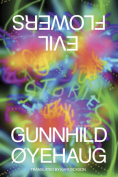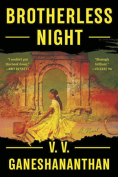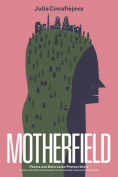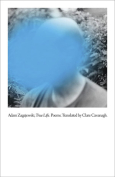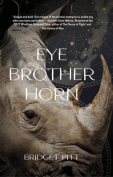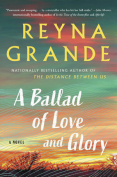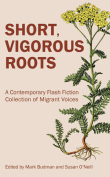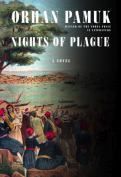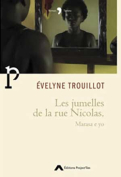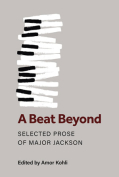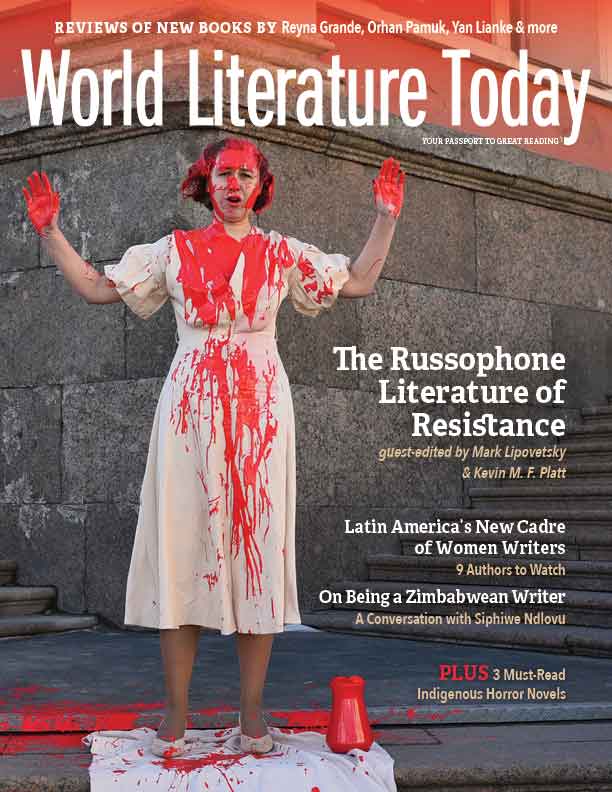Heart Sutra by Yan Lianke
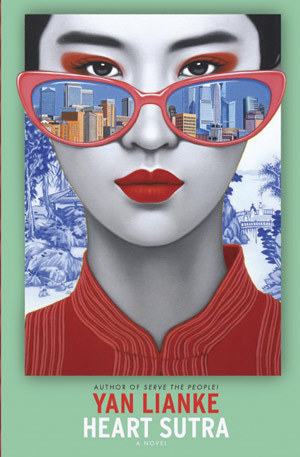 New York. Grove Press. 2023. 416 pages.
New York. Grove Press. 2023. 416 pages.
DESPITE HIS GENTLE demeanor and mournful eyes that speak to the horrific suffering he endured as a child growing up in a rural province in the shadow of Mao’s madness, one resists thinking of sixty-four-year-old Yan Lianke as a dissident, despite his defiant novels, many of which are banned on the mainland. Lianke feels like his own breed of patriot; his heart is infused with a strong love for the Chinese people. He finds it tragic that so many of his countrymen have lives devoid of dignity or purpose. He once wrote, “The reality of China is so outrageous that it defies belief and renders realism inert.” He has developed his own writing style called “mythorealism,” which abandons any shred of loyalty to external truths for the darker reality that lurks beneath them. In novels like Lenin’s Kisses (2012) and Hard Like Water (2021), his prose explodes into bursts of imaginative power that seem almost Felliniesque.
Lianke’s inspiration for his new work, Heart Sutra, is explained to us in his afterword. It happened when he experienced a moment of rare tranquility visiting a Buddhist temple. “The sun shone copper yellow,” Lianke writes, “the music was like warm oil, and the monks all had calm, simple smiles and natural, relaxed expressions.” Lianke wonders if religious life, which he had never given much thought to, has something precious he could grab hold of.
His novel about the Religious Training Institute in Beijing begins with a smidgen of optimism but soon drowns in satire. The school welcomes students from all walks of life. There are Buddhists, Daoists, Catholics, Protestants, and Muslims. It is run by Professor Dong, who is on the take from people who remain lurking in the shadows. He drives around in a fancy car that speaks to his mysteriously accumulated wealth. He tries to seduce one of the Buddhist disciples, Yahui, who is already in love with a Daoist named Mingzheng, who is rumored to have an important father he is vaguely aware of. The curriculum makes a mockery of spiritual pursuit. All students are required to take a course called “On the Relationship between Religion and Political Leaders.” The students are asked in writing if they believe the Communist Party directs everything. If they answer no, they are summoned for questioning. Professor Dong holds bizarre tug-of-war competitions between the religious groups that, instead of fostering harmony, puts them at odds with one another.
As the semester progresses, Yahui and Mingzheng flirt with the notion of abandoning religious life and marrying, but they are torn between their faith and more earthly desires. Both are driven to acts of self-mutilation in an attempt to get control of their competing impulses. They seem distraught by a broken world.
As does Yan Lianke, whose storyline degrades into bouts of depravity that mystify us. His satirical ruminations run far afield, and we find our emotional connection to his text wavering. In one of many extended passages, Yahui seems to be speaking simultaneously to the gods of every faith, while castigating herself for the sins she has committed. Everyone seems involved in deceptions of one kind or another. Lianke seems inconsolably distressed by the state of Chinese society. He mostly holds our attention by sheer force of will and cunning, but at times we long for the more traditionally grounded voice that resonates throughout some of his earlier works.
Elaine Margolin
Merrick, New York
